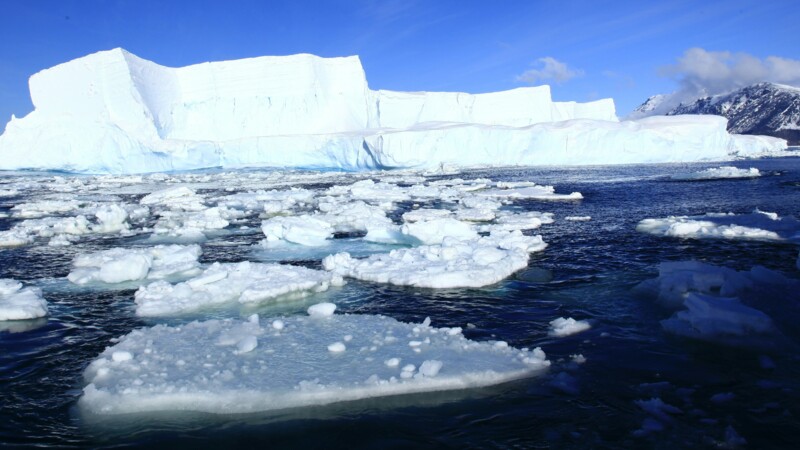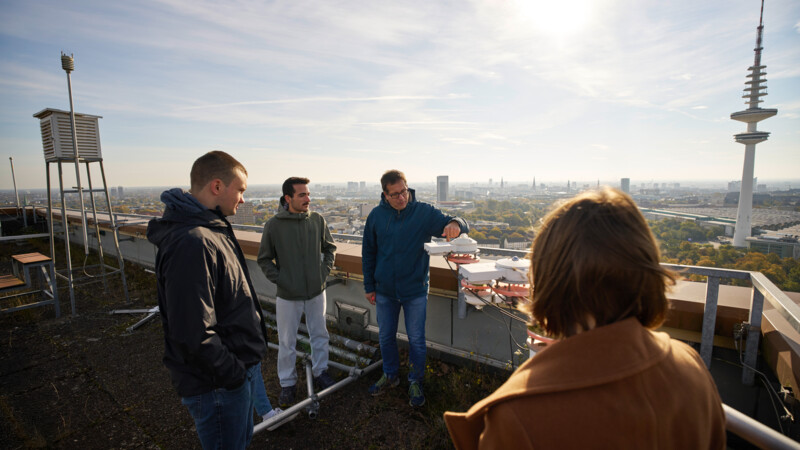"Our models show that global warming reaches 2 degrees Celsius, four or more of the most important maize growing regions could be simultaneously effected by heat and drought every 14 years - with potentially devastating consequences for people and nature," said Victoria Dietz, climate physicist and lead author of the study. If such extreme events were to occur simultaneously in many of the central granaries, there would be significantly less maize available worldwide, said Leonard Bochert, co-author University of Hamburg. "Our work shows how urgent it is to keep global warming well below 2 degrees Celsius." Local adaptations and more resistant plant varieties are needed to be prepared for heat and drought, he added.
The weather is likely to become extremely hot and arid and more frequent in key maize-growing regions as climate change progresses, according to a new study by the Centre for Earth System Research and Sustainability at the University of Hamburg presented on Tuesday (May 20, 2025). Extreme weather would triple in East Asia and double in South Asia, if global warming were to exceed 1.5 degrees Celsius.
Potentially devastating consequences
Cluster of excellence's climate c
The scientists used several climate simulations to analyse the frequency of combined heat and drought extremes in different global warming scenarios as part of the Cluster of Excellence CLICCS (Climate, Climatic Change and Society) at the University of Hamburg. The research network brings together experts from various disciplines who are researching climate change in all its breadth. CLICCS and three other clusters of excellence have been funded by the federal government and the state of Hamburg since 2019. Four existing clusters of excellence and a new cluster of excellence in Hamburg will receive funding for a second period
yes/mm/pb
Sources and further information
More
Similar articles

Information system offers new findings on climate change

Max Planck Institute for Meteorology celebrating 50th anniversary

Arctic Ocean to absorb less CO2, study by University of Hamburg finds
